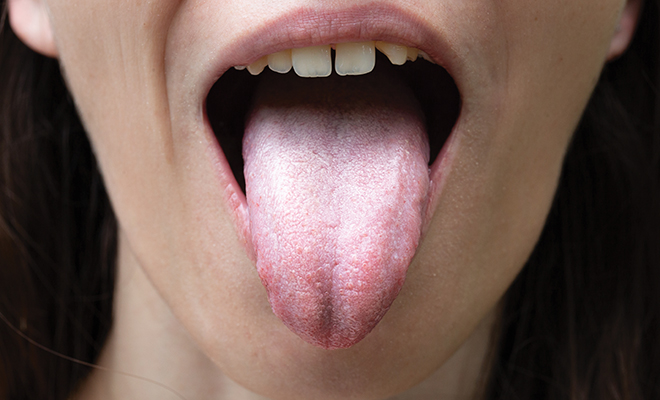Functional Medicine & Candida

By Dr. Cynthia Crosser
Most people these days have heard of the term “microbiome.” This is used in reference to the makeup of organisms residing in the gut. When this microbiome becomes imbalanced, we call it dysbiosis. One very specific type of dysbiosis is called Candidiasis, meaning the overgrowth of the yeast Candida albicans and similar species. Candida is meant to exist naturally within our gastrointestinal tracts, as well as in the mucous membranes of the mouth, nose, and vagina. During immune system stress or GI imbalances, Candida can become opportunistic and result in harm.
What might the symptoms be? Within the GI tract the symptoms may not be obvious. There could, however, be other symptoms such as mental fog, muscle/joint weakness or pain, general fatigue, skin irritations, bloating, allergies, ear infections, and depression. Experience any one of these symptoms, and you could easily receive treatment that will not impact the Candida, and the cycle continues. Here is where Candida can systemically wreak havoc throughout the body. Many of these symptoms are a result of death of the yeast organisms. This all causes an additional burden on the great detoxifier, the liver, whose job it is to turn these yeast metabolites into harmless substances to be eliminated.

How is this diagnosed? This is done by stool sample to culture and microscopically assess its presence. Once a patient has it, recurrences are common. Lifestyle management is critical to eradicate it, as well as to maintain a healthy intestinal barrier and immune support. The treatment involves an effort on both the parts of the doctor and the patient. Complete elimination is rarely possible as it is a commensal organism. But maintaining low growth of Candida, increasing good/beneficial microbes in mucosal linings, and supporting barrier function and the immune system are necessary to restore good gastrointestinal health.
Overgrowth of Candida can be caused by many factors such as long-term antibiotic use (as with acne, ear infections, sinusitis), high dose antibiotics (as with surgeries, UTIs), use of alcohol or fermented beverages, high consumption of sugars, white flour, and pastries, as well as chronic stress.
There are two forms; the yeast form and the more invasive hyphae form. The objective is to prevent this conversion to the hyphae form, which can penetrate the mucosal lining. There are many antifungal agents. Pharmaceuticals include Diflucan. With rare exception, natural agents are highly successful and include biotin, thymol, eugenol and caprylic acid. These are fundamental to a successful protocol.

Secondly, an antifungal diet is critical to starve the yeast. Ideally it is to reduce carbohydrates and sugars. Yeast fermented foods and beverages should be eliminated. Diets should focus on clean protein, reduced carbohydrates and high fiber. Immune function support is critical before and during anti-Candida protocols. Probiotic therapy is also vital for successful eradication and needs to be done in relatively high doses and with comprehensive species. This is to enhance the growth of good bacteria and support good barrier function.
While Candidiasis is very common due to our western style diets, a true diagnosis and professional treatment and follow up will restore the gut to good health and certainly take the burden off your system while reducing your symptoms! For more information contact us at www.crossernaturalhealth.com or call 302-994-1010.
Wellness within reach!
302-994-1010
5700 Kirkwood Hwy., Suite 101, Wilmington, DE 19808
www.facebook.com/crossernaturalhealth
www.instagram.com/crossernaturalhealth
www.instagram.com/crossernaturalhealth
Chiropractic, Acupuncture, Weight loss, Neurofeedback, Nutritional Counseling

